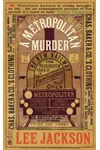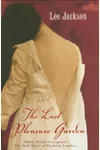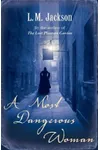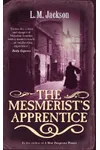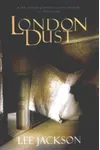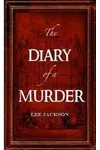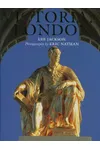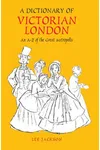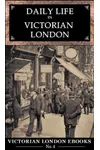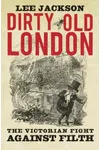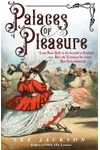Picture a British historian spinning tales of Victorian London’s shadowy streets and filthy secrets—meet Lee Jackson! This acclaimed author and scholar has carved a unique niche with his gripping mystery novels and meticulously researched non-fiction, bringing the gritty 19th-century metropolis to life. From the gas-lit alleys of his Decimus Webb series to the sanitation saga of Dirty Old London, Jackson’s work captivates readers with its vivid detail and immersive storytelling.
Beyond his books, Jackson’s creation of The Dictionary of Victorian London website has made him a hero among historians and enthusiasts, offering a treasure trove of primary sources that illuminate the era’s social history. Let’s dive into the life and legacy of this Victorian virtuoso!
The Making of Lee Jackson
Born in 1971, Lee Jackson grew up with a fascination for the past, particularly the bustling, chaotic world of Victorian London. With a doctorate from Royal Holloway University of London, he honed his expertise in the era’s social and geographical tapestry. His academic rigor and passion for storytelling merged early on, leading him to craft both fiction and non-fiction that breathe life into the 19th century. Jackson’s career took off as he balanced writing novels with curating his now-iconic website, The Dictionary of Victorian London, launched in 2001.
Lee Jackson’s Unforgettable Stories
Jackson’s fiction transports readers to the murky underbelly of Victorian London through two standout series: Decimus Webb and Sarah Tanner. The Decimus Webb trilogy, starting with A Metropolitan Murder (2004), follows Inspector Webb as he navigates chilling crimes, like a strangling on the new Metropolitan Line. These novels blend suspense with rich historical detail, recreating the era’s gas-lit ambiance and criminal underworld. The Sarah Tanner series, penned under the pseudonym L.M. Jackson, introduces a fierce female protagonist—a coffeehouse owner with a mysterious past—in books like A Most Dangerous Woman (2007). Her adventures offer a fresh perspective on Victorian gender dynamics and street life.
In non-fiction, Jackson shines with Dirty Old London: The Victorian Fight Against Filth (2014), a critically acclaimed exploration of the city’s sanitation struggles. Praised by The New York Times as “utterly engrossing,” it vividly details the battle against soot, sewage, and slums. His Palaces of Pleasure (2019) uncovers the rise of Victorian mass entertainment, while Dickensland (2023) traces the legacy of Dickens’s London. Jackson’s style—lively, accessible, and grounded in primary sources—makes history feel like a thrilling narrative.
His Dictionary of Victorian London website remains a cornerstone of his work. This digital archive, compiling diaries, journalism, and more, offers an unparalleled glimpse into the era, earning praise for its accessibility and depth. Whether through fiction or scholarship, Jackson’s work pulses with his love for London’s past.
Why Lee Jackson Matters
Lee Jackson’s impact lies in his ability to make Victorian London tangible for modern audiences. His mysteries entertain while shedding light on the era’s social issues, from poverty to gender roles. His non-fiction, meanwhile, transforms dense history into compelling stories, influencing urban studies and historical scholarship. The Dictionary of Victorian London has become an indispensable resource, democratizing access to primary sources for researchers worldwide. Jackson’s blend of academic rigor and narrative flair ensures his work resonates with both casual readers and scholars.
- Born: 1971
- Key Works: A Metropolitan Murder, Dirty Old London, Palaces of Pleasure
- Notable Achievement: Creator of The Dictionary of Victorian London website
Ready to step into Victorian London’s gritty glory? Grab Dirty Old London or A Metropolitan Murder and let Lee Jackson guide you through a world of mystery and history!
